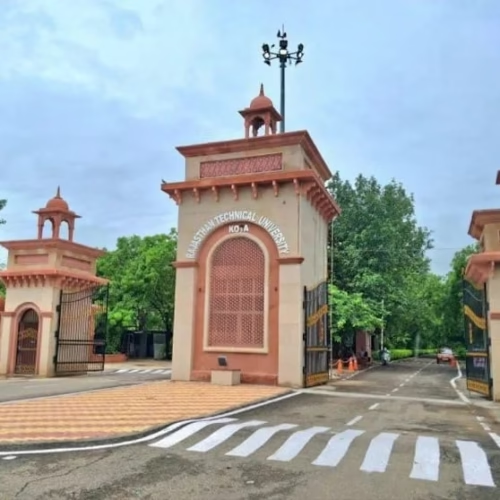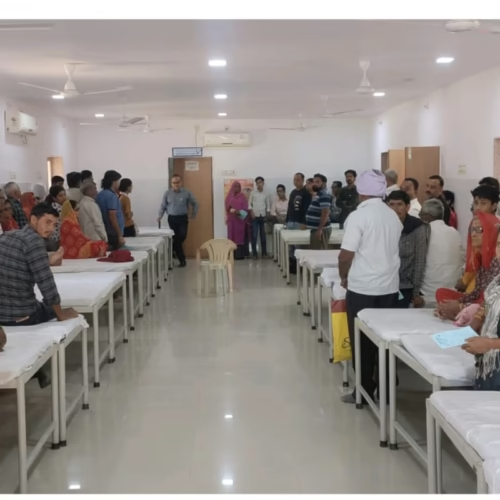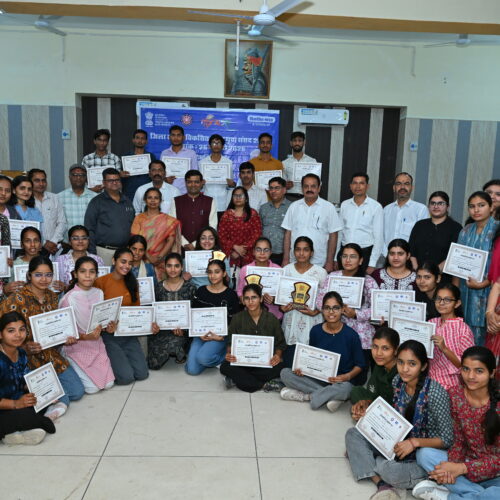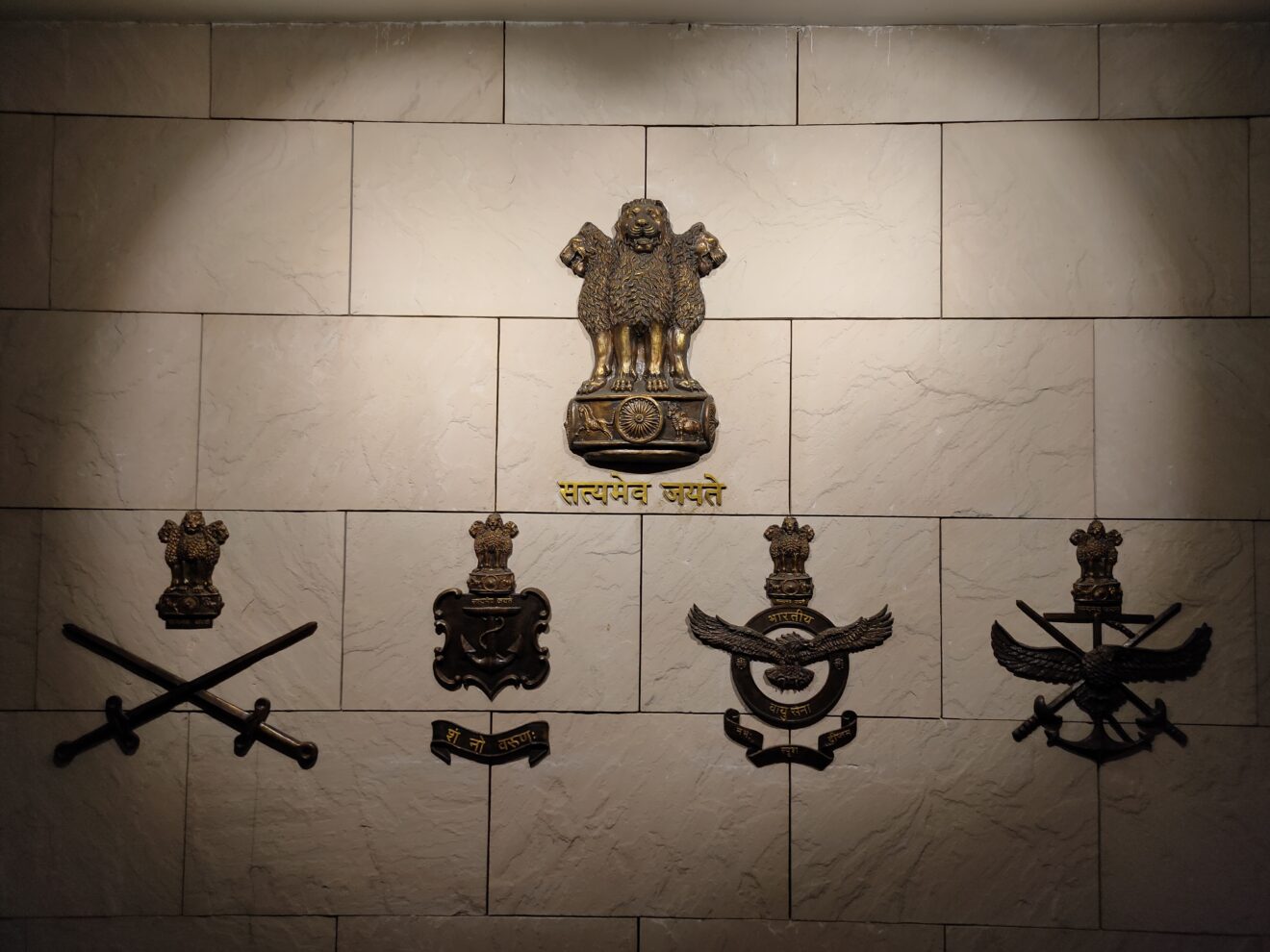By Defence Journalist Sahil
Karaikal, April 23, 2025:
In a dramatic display of maritime might, seamless coordination, and operational readiness, the Indian Coast Guard (ICG) has launched one of the most elaborate regional Search and Rescue (SAR) exercises ever conducted on the Eastern seaboard of India. The exercise, scheduled for April 24, 2025, at ICG Station Karaikal, is being hailed as a watershed moment in India’s maritime safety framework, bringing together an array of stakeholders in an unprecedented show of strength and synergy.
This high-octane SAR exercise involves the Indian Navy, Customs Department, Karaikal Port Authorities, and other maritime responders, alongside five ICG ships and multiple aircraft, replicating a complex maritime emergency scenario in the Bay of Bengal. The objective: to simulate large-scale search and rescue operations involving multi-agency real-time coordination — a challenge that tests not only technology and logistics but also trust, leadership, and cohesion among forces.
Simulation of Crisis: A Test of Maritime Preparedness
The scenario being enacted involves a distress call from a large passenger vessel, with dozens of lives at risk due to fire and flooding onboard. The ICG’s response involves swift deployment of surface assets, air surveillance, aerial drops, winching operations, and onboard medical evacuation procedures — all while maintaining live coordination across multiple jurisdictions.
Indian Navy helicopters will be seen conducting high-risk rescue maneuvers. Customs patrol vessels will secure perimeters while Karaikal Port authorities coordinate berthing for emergency docking. The drill mirrors real-world disasters such as the M.V. Princess Ashika incident or recent offshore mishaps in Southeast Asia — underscoring the gravity and precision of the exercise.
Precursor Events: Intellect Meets Action
In preparation for this mega operation, a series of strategic events were held at ICG Station Karaikal on April 21, 2025, including a Seminar, Workshop, and Table-Top Exercise. These forums served as melting pots of ideas, drawing experts from naval operations, maritime law, emergency medicine, and disaster response management.
Key dignitaries including Shri Soma Shekhar Appa Rao, IAS, District Collector of Karaikal, and Shri T. Aakash, IAS, District Collector of Nagapattinam, emphasized the need for inter-departmental synergy, praising the Coast Guard’s leadership in orchestrating such an ambitious operation.
Doctrine of Safety: The ICG’s Expanding Role
The Indian Coast Guard, acting under the National Maritime Search and Rescue Plan, has emerged as the pillar of maritime security and humanitarian response in India’s oceanic domain. This exercise isn’t merely a demonstration — it is a reaffirmation of India’s resolve to protect every life at sea, to pre-empt maritime disasters, and to offer regional leadership in humanitarian crisis response.
As maritime trade surges, coastal populations grow, and threats evolve — be they environmental, terrorist, or accidental — the ICG is rapidly adapting with advanced technology, interoperable protocols, satellite-driven communication, and human resilience.
A Message Beyond Borders
The Karaikal SAR Exercise is also a message to neighboring nations and global maritime partners: India is not only capable but committed to playing a lead role in maritime safety, humanitarian response, and regional cooperation in the Indian Ocean Region (IOR).
From Tokyo to Tehran, from Colombo to Canberra — eyes are on India’s eastern coastline today, watching a coordinated ballet of boats, helicopters, radars, and responders, all converging in service of one unshakable principle: “Every life counts.”















Add Comment